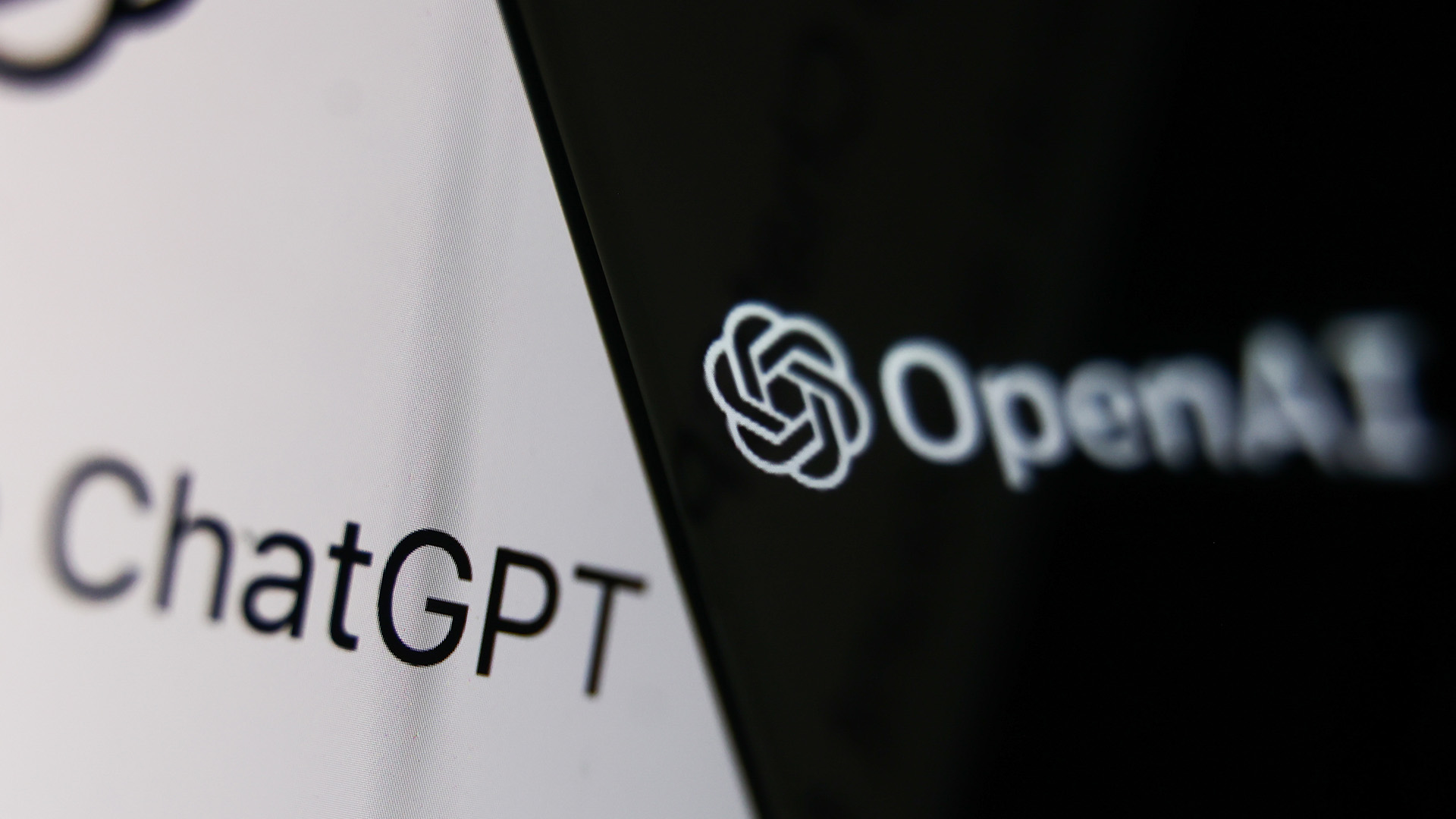
Keep up to date with the most important stories and the best deals, as picked by the PC Gamer team.
You are now subscribed
Your newsletter sign-up was successful
Want to add more newsletters?

Every Friday
GamesRadar+
Your weekly update on everything you could ever want to know about the games you already love, games we know you're going to love in the near future, and tales from the communities that surround them.

Every Thursday
GTA 6 O'clock
Our special GTA 6 newsletter, with breaking news, insider info, and rumor analysis from the award-winning GTA 6 O'clock experts.

Every Friday
Knowledge
From the creators of Edge: A weekly videogame industry newsletter with analysis from expert writers, guidance from professionals, and insight into what's on the horizon.

Every Thursday
The Setup
Hardware nerds unite, sign up to our free tech newsletter for a weekly digest of the hottest new tech, the latest gadgets on the test bench, and much more.

Every Wednesday
Switch 2 Spotlight
Sign up to our new Switch 2 newsletter, where we bring you the latest talking points on Nintendo's new console each week, bring you up to date on the news, and recommend what games to play.

Every Saturday
The Watchlist
Subscribe for a weekly digest of the movie and TV news that matters, direct to your inbox. From first-look trailers, interviews, reviews and explainers, we've got you covered.

Once a month
SFX
Get sneak previews, exclusive competitions and details of special events each month!
The world of AI is moving incredibly fast, not only for tech companies and Wall Street investors but also, it seems, for legislatures. That's particularly true in the realm of copyright, where it seems existing laws are being brandished like plastic cutlasses to tackle the newly surfaced breakneck leviathan of generative AI.
That, at least, is the image I'm left with after looking over a recent research paper (PDF) commissioned by the EU's Policy Department for Justice, Civil Liberties and Institutional Affairs and authored by Professor N. Lucchi of University Pompeu Fabra, Barcelona, Spain (via The Register). The 171-page paper outlines the problems with the current legislative approach and what we might do about it.
There's a metric ton more to the report than this, but the main thrust seems to be that the current approach towards generative AI, which is based on applying Article 4 of the 2019 Directive on Copyright in the Digital Single Market, supports an opt-out model that does little to protect copyright. The solution is to flip things over to an opt-in model, at least until something more robust is worked out.
The problem is that Article 4 essentially grants a pass card for both extraction and reproduction of legally accessible content, provided it's done for the purposes of text and data mining (TDM). Article 4's scope, the paper points out, was originally "deliberately narrow, to preserve the balance between enabling innovation and protecting the rights of authors and creators," and "TDM is meant to derive knowledge, not creative expression, from the analysis of large volumes of data."
The problem, however, is that generative AI uses TDM arguably not just to derive knowledge but also in a way that is "far closer to acts of reproduction than to acts of analysis," taking it beyond the remit of what Article 4 was intended for.
The opt-out model ... effectively treats silence as consent
Professor N. Lucchi
The current application of Article 4 to gen AI, which is being used to defend its use of material we'd normally consider to be copyrighted for the purposes of TDM, is essentially an opt-out model: If you don't like it, signal you don't want to have your data scraped and used, otherwise we're using it by default.
Professor Lucchi points out how absurd this is:
Keep up to date with the most important stories and the best deals, as picked by the PC Gamer team.
"The opt-out model presumes that copying is lawful unless authors embed machine-readable reservations (robots.txt, IPTC, C2PA, etc.). That inversion of the burden effectively treats silence as consent. It would be akin to assuming that the contents of a book are freely reproducible unless the author prints 'no copying' on every page—undermining the very structure of exclusive rights."
So if that's the problem, what's the solution? As far as I can tell, in addition to some other recommendations (such as better clarity over what Article 4 can be properly applied to for now), the EU-commissioned study recommends three crucial things: restoration of an opt-in model, better remuneration in the meantime, and better safeguards and content traceability.
Lucchi explains: "Without this triad—ensuring legal clarity, fair compensation, and verifiable transparency—neither legal coherence nor sustainable innovation can be achieved."

The first of these is certainly the most striking (and the one that has me wanting to fist pump the air, just a little), because the current opt-out model does reek a little like a "silence as consent" model to my nostrils. Lucchi explains, however, that opt-in primacy would just be a "necessary transitional measure to preserve legal coherence while more systemic reforms are developed."
Until then, it's suggested that opt-out is improved by standardising opt-out signals in a way that will be enforceable up and down the gen AI stack. Ie, it should be enforceable at all levels, from CMS vendors to analytical researchers such as universities, and AI developers themselves.
Lucchi also proposes that, in the meantime, under the opt-out model, generative AI should be allowed to use copyrighted material (there should be a "new EU-level statutory exception to copyright for the specific purpose of training generative AI systems"). But with this exception in place, we should also have an "unwaivable right to equitable remuneration for authors and rightsholders whose works are used in such training."

What is artificial general intelligence?: We dive into the lingo of AI and what the terms actually mean.
In other words, every copyright holder whose work is fed into a gen AI for training should be paid.
The final crucial thing (amongst many other recommendations) that the study proposes is more and better safeguards, including enforcement of AI watermarking, fingerprinting, and filtering, as well as opt-out flag requirements for content platforms, and, my personal favourite, quotas for human-made content to be displayed:
"The EU should explore quota-based content prioritisation or visibility guarantees for human-authored works—drawing inspiration from established instruments in audiovisual media law that safeguard cultural diversity and democratic pluralism."
So, presumably, Google (for example) would have to hit its quota for human-written results in search engine results pages (SERPs). I'd set that quota to 99%, but that's just me.
There's plenty more recommended, and in much more detail, too, but the main takeaway for me is that the EU could be looking to get serious on tackling AI's threat to copyright. As an online journalist, I am, of course, a little biased, but I'd say that's a good thing, wouldn't you?

👉Check out our list of guides👈
1. Best gaming laptop: Razer Blade 16
2. Best gaming PC: HP Omen 35L
3. Best handheld gaming PC: Lenovo Legion Go S SteamOS ed.
4. Best mini PC: Minisforum AtomMan G7 PT
5. Best VR headset: Meta Quest 3

Jacob got his hands on a gaming PC for the first time when he was about 12 years old. He swiftly realised the local PC repair store had ripped him off with his build and vowed never to let another soul build his rig again. With this vow, Jacob the hardware junkie was born. Since then, Jacob's led a double-life as part-hardware geek, part-philosophy nerd, first working as a Hardware Writer for PCGamesN in 2020, then working towards a PhD in Philosophy for a few years while freelancing on the side for sites such as TechRadar, Pocket-lint, and yours truly, PC Gamer. Eventually, he gave up the ruthless mercenary life to join the world's #1 PC Gaming site full-time. It's definitely not an ego thing, he assures us.
You must confirm your public display name before commenting
Please logout and then login again, you will then be prompted to enter your display name.

